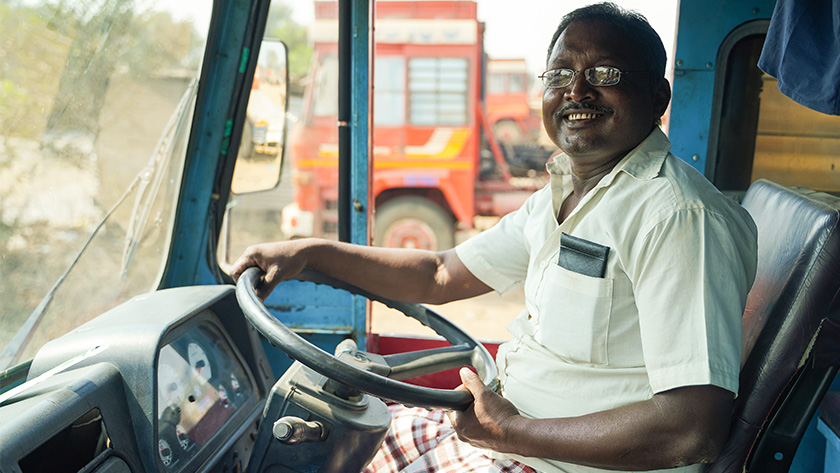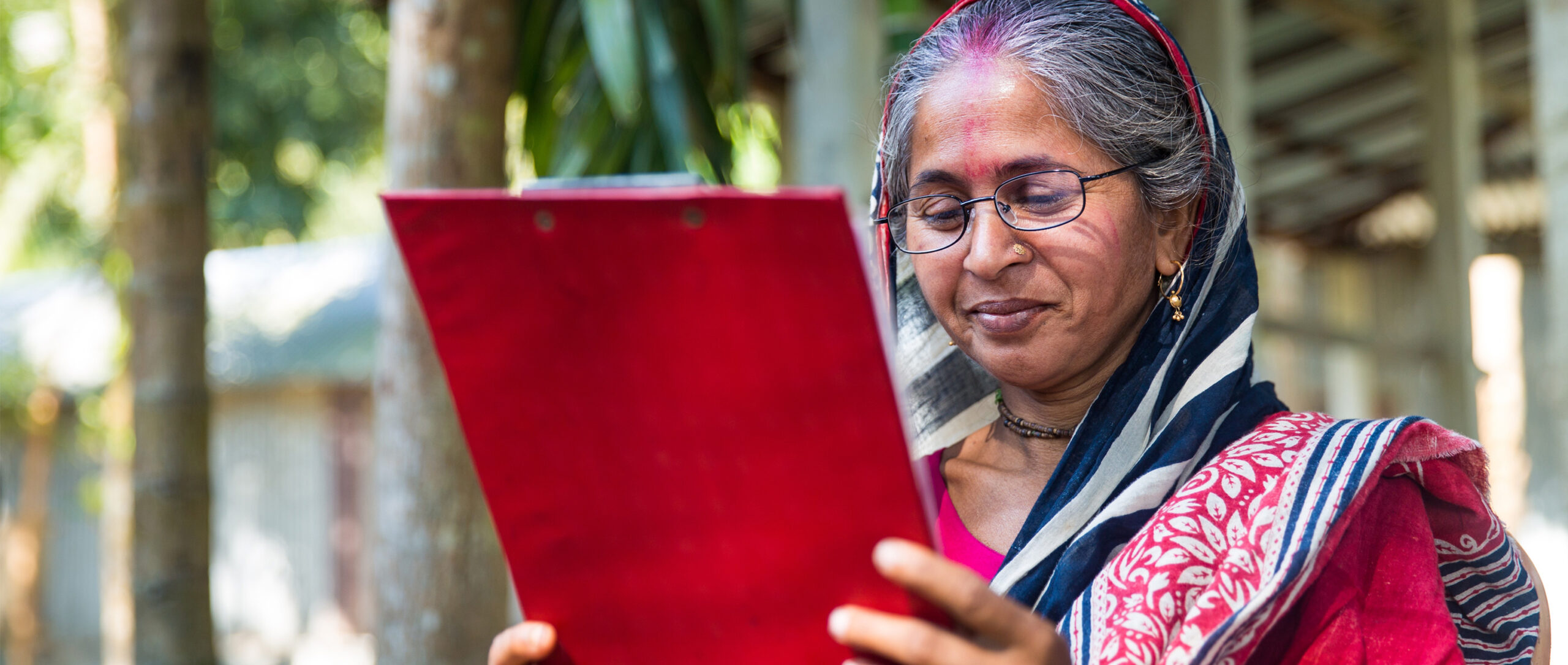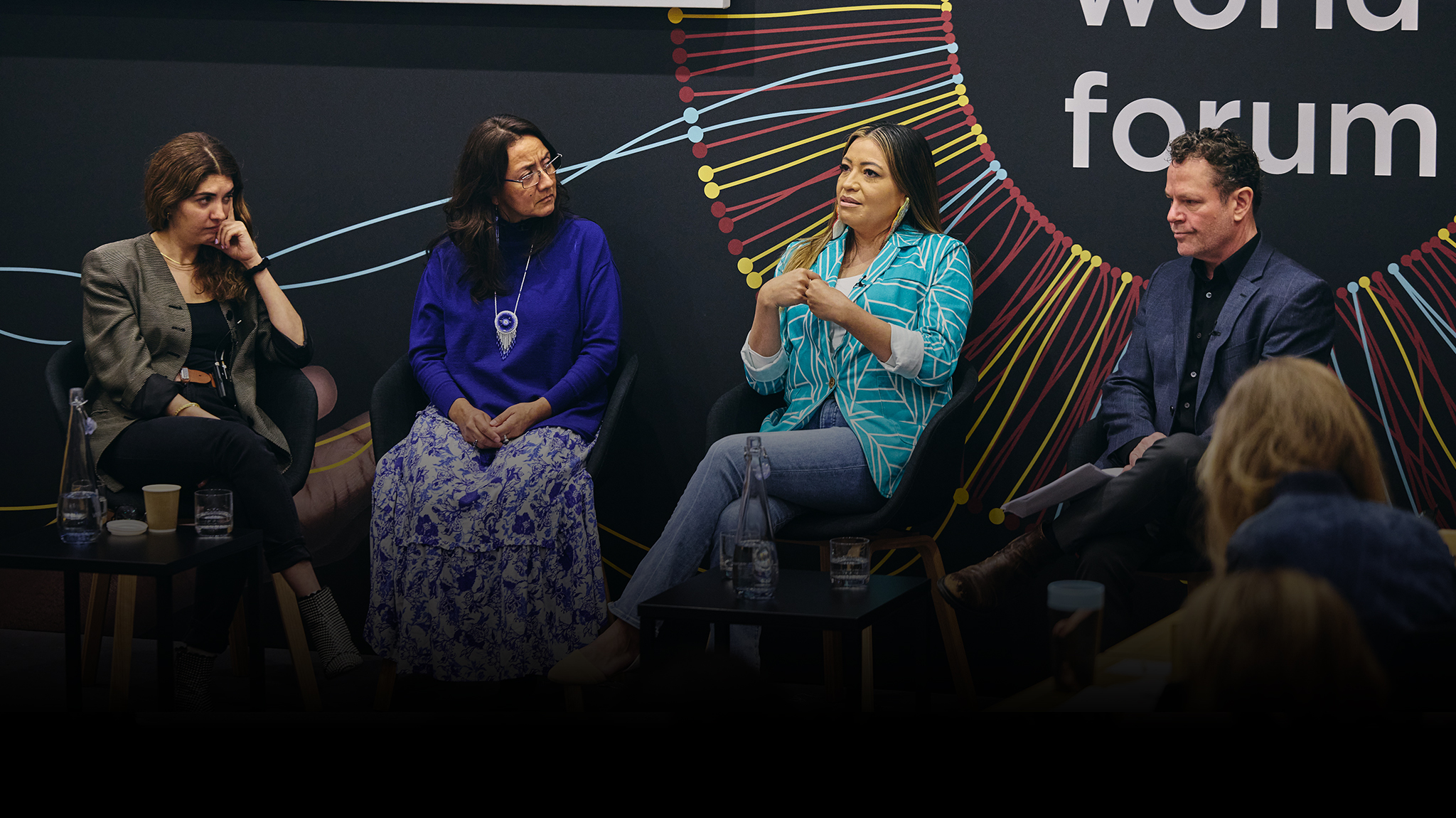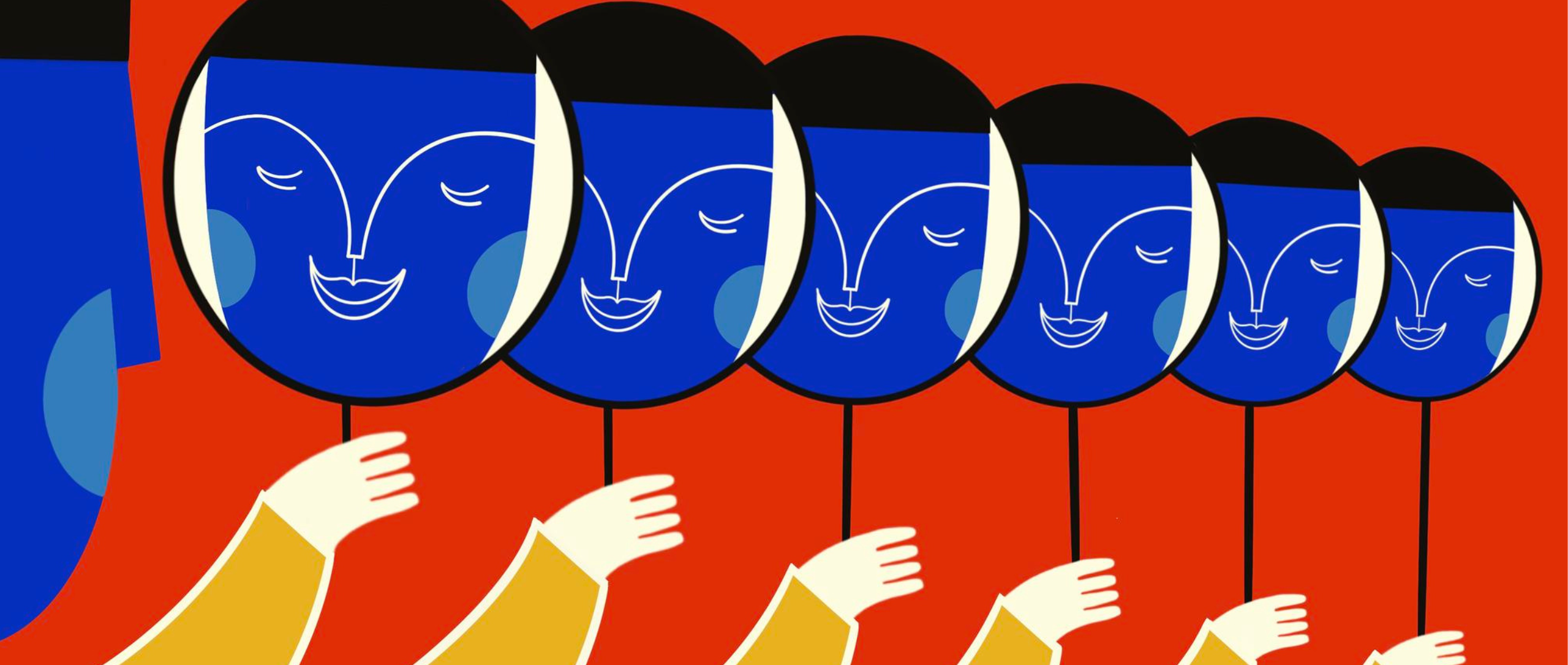United Nations General Assembly Resolution on Vision: Eye Care For All By 2030
For 20 years, VisionSpring (2009 Skoll Awardee) has worked towards its goal of reaching and providing affordable, quality glasses to the 2.5 billion people worldwide who need them. In those two decades the VisionSpring team has delivered eyeglasses to 7.9 million people, boosting livelihoods by enhancing earning potential for workers, micro-entrepreneurs, artisans, and farmers by collaborating with employers, worker collectives, and government agencies.
The economic impact created by this low-cost healthcare intervention is roughly $1.7 Billion dollars to date and the improvement in overall enjoyment of life is immeasurable. Eyeglasses fundamentally change lives for the better. A global problem at a scale of billions of people though requires collaboration and systemic initiatives calling for universal access to eye health by 2030.
In late July, VisionSpring and its partners in the eye health landscape reached a major milestone when all 193 countries of the United Nations General Assembly passed a resolution, initiated by the governments of Antigua and Barbuda, Bangladesh, and Ireland, to call for universal access to eye healthcare by 2030.
“It is because of deep cross-sector advocacy, collaboration, and high-level leadership that those outside of the eye care sector now see access to clear vision as the urgent and global issue that it is,” said Ella Gudwin, CEO of VisionSpring.

The Resolution emphasizes the cruciality of vision correction for eliminating poverty (SDG 1), ensuring good health, well-being, and road safety (SDG 3), providing quality education (SDG 4), advancing gender equality (SDG 5), and guaranteeing decent work (SDG 8).
In Bangladesh and Uganda, VisionSpring’s Reading Glasses for Improved Livelihoods program screens the vision of more than 1 million working age adults a year with BRAC community health workers, while in India the See to be Safe program partners with auto manufacturers, port authorities, and the Ministry of Road Transport and Highways to bring eyeglasses to truckers and transportation workers, reducing the risk of road traffic accidents. In Bangladesh, India, and Vietnam, the Clear Vision Workplace program in factories has shown that eyeglasses increase productivity, product quality, workforce retention, and worker wellbeing.
A 2018 Randomized Controlled Trial documented a 22 percent increase in productivity among agricultural workers. Generalized for people earning less than $4 per day, this productivity gain translates to increased earning-potential of $216 over the two-year lifespan of a pair of VisionSpring eyeglasses. When delivered through VisionSpring’s efficient, hybrid models that combine philanthropy with earned income, the intervention of correcting vision with eyeglasses yields a high social return on investment—such that every $1 of philanthropy unlocks an estimated $43 in income earning potential for low-income households.
“This watershed vote affirms VisionSpring’s founding thesis—that eyeglasses are a powerful tool for social and economic development,” said Gudwin. “We are grateful for those who believed in this vision years ago, including many in the Skoll community. We’ve seen the power of partnerships built across sectors and industries, and invite all working on livelihoods, education, road safety, and gender equity to bring the benefits of clear vision to all by 2030.”
Want more stories of transformational change on the world’s most pressing problems? Sign up for Skoll Foundation’s monthly newsletter.



